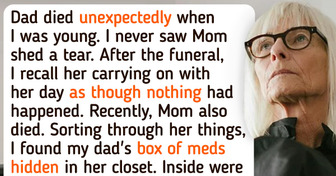love
If You Can’t Fall in Love, Check to See If You Are a Victim of Counter-Dependency
As it turns out, 20% of single people have never actually fallen in love. It may not sound like a lot, but if you know 5 single people, you most likely know at least one such person. Some people “really don’t need romance,” just as they claim. But for others, this reasoning may stem deeper than just not having someone who’s good enough around.
Here at Bright Side, we learned about a very common but not so widely known condition that stops people from falling in love and building intimate relationships. And that’s what we want to tell you about today.
Why some people can’t fall in love

Psychologists name various reasons for this. For example, you might have low self-esteem. In this case, you don’t believe that someone could ever love you, and it blocks you from loving someone as well.
Another reason for this could be perfectionism. You might have an ideal picture in your head of what your partner should look like, and don’t give a person the chance because they don’t fit this image. Your high expectations prevent you from falling in love with those who “aren’t good enough.”
But there’s something else you might suffer from without even realizing it. You might have a fear of intimacy, which is often referred to as “counter-dependency.”

Some signs of counter-dependency include:
- Having trouble getting close to people
- Pushing away people who try to get too close
- Getting anxious/escaping intimate relationships
- Constantly feeling afraid to make a mistake
- Trying hard to be perfect
- Refraining from asking for help from others
- Always keeping busy and not being able to do anything
Counter-dependent people are generally those who escape intimacy and attachment.
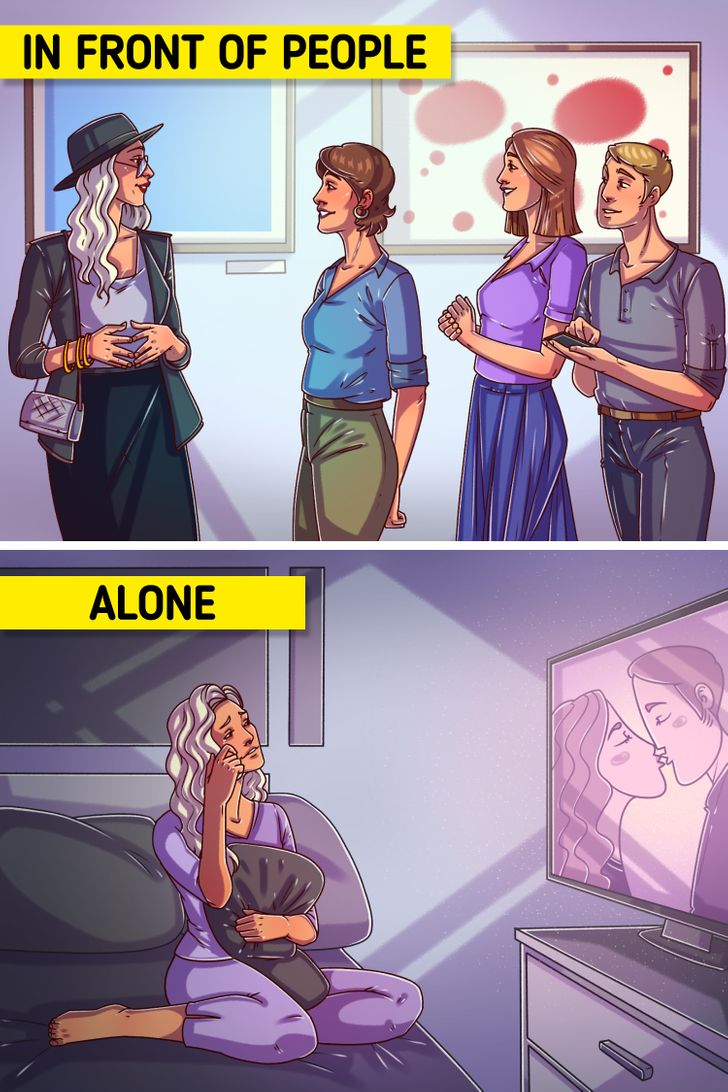
Such people are very reserved: they require a lot of personal space and don’t like anyone invading it because they’re afraid to show vulnerability or weakness.
However, on the outside, they usually look “normal.” They appear to be confident, successful, and independent, and they try hard to look this way. They show that they don’t need anyone, even though this isn’t exactly true. On the inside, they’re very insecure, needy, and unsuccessful in their relationships.
They never learned how to experience intimacy.
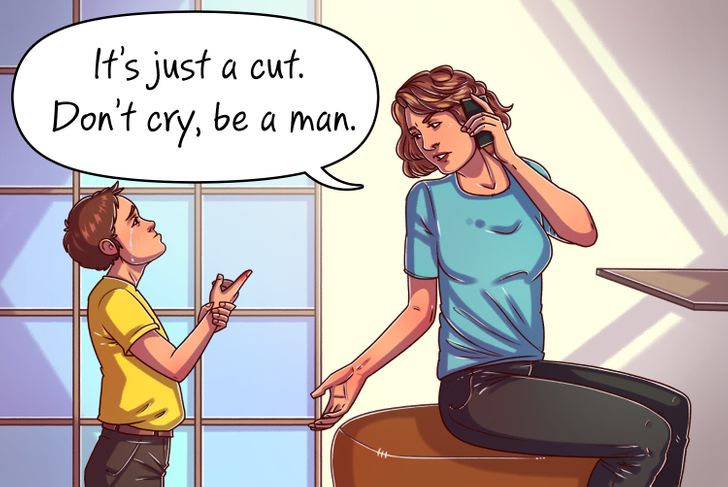
Like most psychological problems, it all goes back to their childhood. They may have revealed their weaknesses in the past but were ignored or even made fun of. As a result, children learn that they should only appear strong and independent. The most common cause of counter-dependent behavior is a loss of emotional attachment to one’s parents or abuse toward a child (physical or emotional).

Therefore, children learn to associate closeness with rejection and pain. Their trauma teaches them that it’s not safe to trust anyone. Growing up, they were afraid to get close to people and open up. Romantic relationships are about intimacy, so counter-dependent people avoid it by blocking themselves from falling in love and pushing away people who try to get too close.
But it’s possible to change.
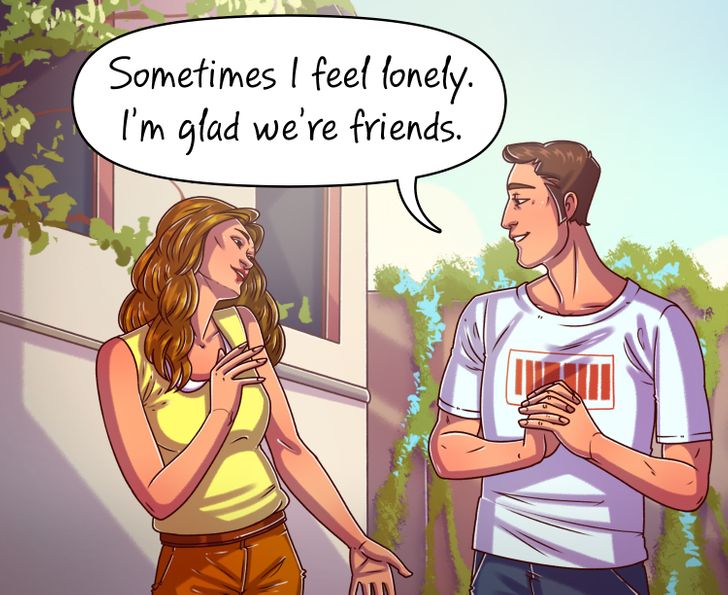
Some people feel fine the way they are and don’t need relationships, deciding to focus on their career or other aspects of their life. However, there are other people who seek out close relationships yet can’t do anything about their denial. Here are some things that can help you overcome this problem.
Learn more about yourself. Read books, psychology articles, ask questions, and reflect on your memories and feelings. The first step is understanding and accepting the problem, then later, you can work on it.
Join a support group. You can try to overcome this problem on your own. Try to actually talk about your feelings and open up to other people. It’ll be easier to do this amongst people who have similar problems. You might also want to take a class that can help you learn to be more secure and test your boundaries.
Ask for professional help. If you find it hard to do yourself, you can work with a specialist. Tell them about your problem and they’ll help you find the core of the issue, move through the feelings you’re repressing, and open up.
Can you talk openly about your feelings? Share your thoughts with us in the comments.
Comments
This is so cool!!!!!!!!!!!!!!!!!!!!!!!!!!!!!!!!!!!!!!!!!!!!!!!!!!!!!!!!!!!!!!!!!!!!!!!!!!!!!!!!!!!!!!!!!!!!!!!!!!!!!!!!!!!!!!!!!!!!!!!!!!!!!!!!!!!!!!!!!!!!!!!!!!!!!!!!!!!!!!!!!!!!!!!!!!!!!!!!!!!!!!!!!!!!!!!!!!!! ❤️❤️❤️❤️❤️❤️❤️❤️❤️❤️❤️❤️❤️❤️❤️❤️❤️❤️❤️❤️❤️❤️❤️❤️❤️❤️❤️❤️❤️❤️❤️❤️❤️❤️❤️❤️❤️❤️❤️❤️❤️❤️❤️❤️❤️❤️❤️❤️????????????????????????????????????????????????????????????????????????????????????????????????????????????????????????????????????????????????????????????????????????????????????????????????????????????????????????????????????????????????
I always had a feeling that when you meet that right person you will be able to open yourself and finally feel what's right
Related Reads
I Put a Lock on My Daughter’s Door to Protect Her Belongings From My Brother-in-Law’s Daughters
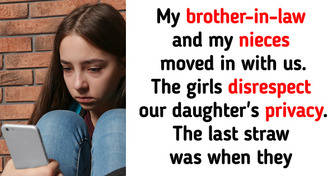
12 Stories That Prove Things Are Never What They Seem
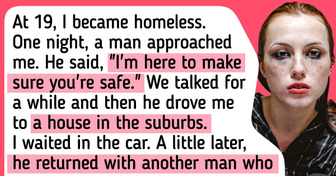
My ''Control Freak'' MIL Runs Our Marriage, and My Husband Lets Her

12 People Confirm a Creepy Memory They Have That Nobody Else Seems to Remember

Test How Good Your Memory Is and Guess the Correct Logos (16 Pics)

10 Parents Who Held Their Children’s Hands Through Life’s Stormiest Moments
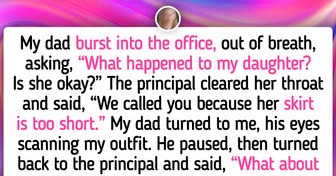
12 People Share Restaurant Unforgettable Scenes That Took a Crazy Turn

10+ Powerful Stories That Could Even Make a Rock Erupt With Emotion

24 Stories That Prove Family Bonds Are Like No Other

10 Real Stories With Twists So Intense They Can Make Your Heart Rate Spike

12 Exes Who Made Life Seem Like a Dramatic Episode From a Soap Opera
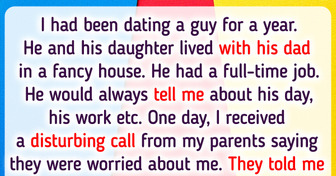
10 People Who Discovered a Family Mystery That Rocked Their World
